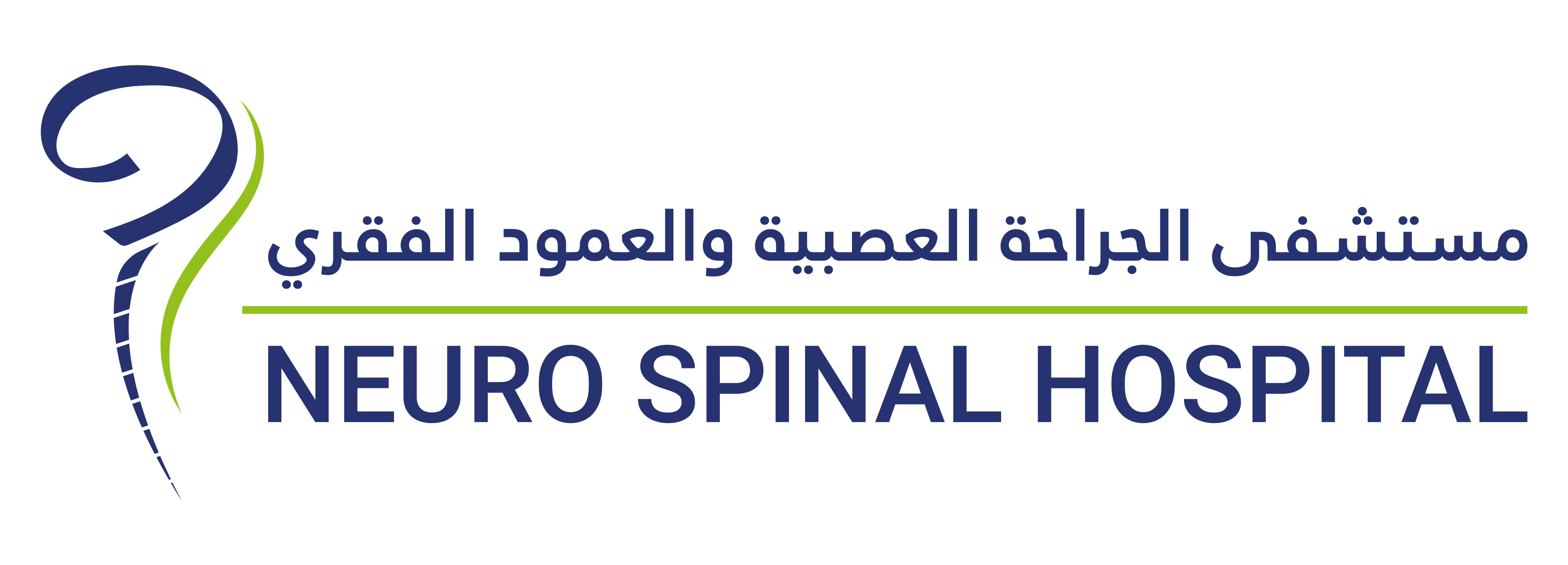As there is currently no cure for multiple sclerosis, treatments focus on helping speed recovery from attacks, slowing the progression of the disease and managing symptoms. Some people have such mild symptoms that no treatment is necessary.
Treatments for MS attacks
- Corticosteroids may be prescribed to reduce nerve inflammation
- Plasma exchange (plasmapheresis) – removing the liquid portion of part of blood (plasma) which may contain harmful antibodies but retaining the blood cells. The blood cells are then mixed with a protein solution (albumin) and put back into your body.
Treatments to modify progression
For primary-progressive MS, Ocrelizumab (Ocrevus) may slightly reduce the risk of disease progression.
For relapsing-remitting MS, several disease-modifying therapies are available. These are often most effective if given in the early stages of the disease, when much of the immune response associated with MS occurs.
Many of the disease-modifying therapies used to treat MS carry significant health risks, which must be weighed against potential benefits.
Injectable treatments include:
- Interferon beta medications can reduce the frequency and severity of relapses. Blood tests to monitor liver enzymes are required due to the possible side effect of liver damage.
- Glatiramer acetate (Copaxone, Glatopa) may help block the immune system’s attack on myelin.
Oral treatments include:
- Fingolimod (Gilenya), taken once-daily may reduce relapse rate. Heart rate and blood pressure should be monitored for six hours after the first dose because of risk of a slowed heartbeat. Other side effects include rare serious infections, headaches, high blood pressure and blurred vision.
- Dimethyl fumarate (Tecfidera), taken twice-daily can help reduce relapses. Side effects may include flushing, diarrhoea, nausea and lowered white blood cell count requiring blood test monitoring on a regular basis.
- Diroximel fumarate (Vumerity) is similar to dimethyl fumarate but typically causes fewer side effects.
- Teriflunomide (Aubagio), taken once-daily can reduce relapse rate. Possible side effects include liver damage and hair loss, and regular blood test monitoring is required. There is a risk of birth defects and therefore conceiving a child should be avoided for both men or women while taking the drug and for up to two-years after.
- Siponimod (Mayzent) has been shown by research to reduce relapse rate and help slow progression of MS. It is also approved for secondary-progressive MS. Possible side effects include viral infections, liver problems and low white blood cell count and a risk of harm to a developing foetus during pregnancy.
- Cladribine (Mavenclad) is generally prescribed as second line treatment for those with relapsing-remitting MS. It was also approved for secondary-progressive MS. It is given in two treatment courses, spread over a two-week period, over the course of two years. Side effects include upper respiratory infections, headaches, tumours, serious infections and reduced levels of white blood cells. It should not be used by people who have active chronic infections or cancer or women who are pregnant or breast-feeding. Contraception may be advised for both men and women in couples while taking the medication and for six months afterwards.
Intravenous infusion treatments include:
- Ocrelizumab (Ocrevus) is a humanized monoclonal antibody medication shown by clinical trials to reduce relapse rate and slow worsening of disability. Side effects may include irritation at the injection site, low blood pressure, a fever and nausea. Some people may not be able to take ocrelizumab, including those with a hepatitis B infection.
- Natalizumab (Tysabri) blocks the movement of potentially damaging immune cells from your bloodstream to your brain and spinal cord. It may be considered a first line treatment for some people with severe MS or as a second line treatment in others. There is an increased risk of a potentially serious viral infection of the brain called progressive multifocal leukoencephalopathy (PML) in people who are positive for antibodies to the causative agent of PML JC virus.
Treatments for MS signs and symptoms
- Physical therapy can help build muscle strength and ease some of the symptoms of MS.
- Muscle relaxants may help reduce painful or uncontrollable muscle stiffness or spasms
- Medications also may be prescribed for fatigue, depression, pain, sexual dysfunction, insomnia, and bladder or bowel control problems that are associated with MS.






